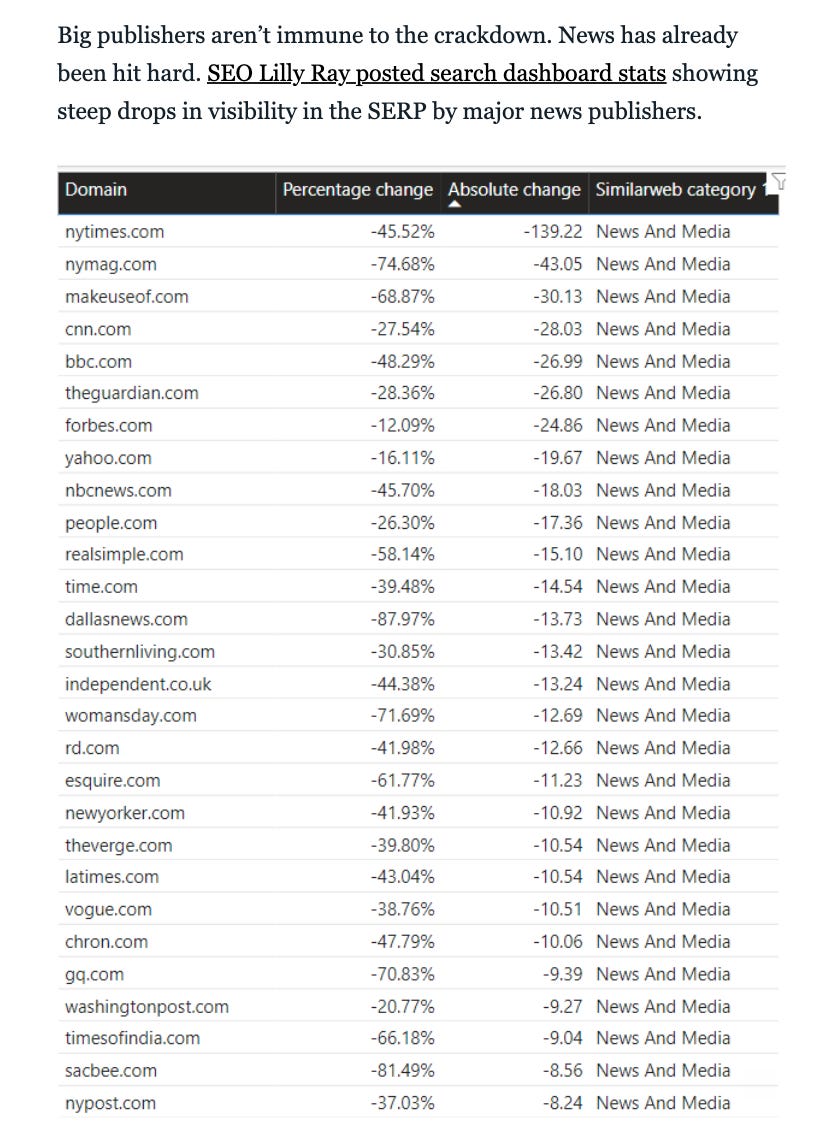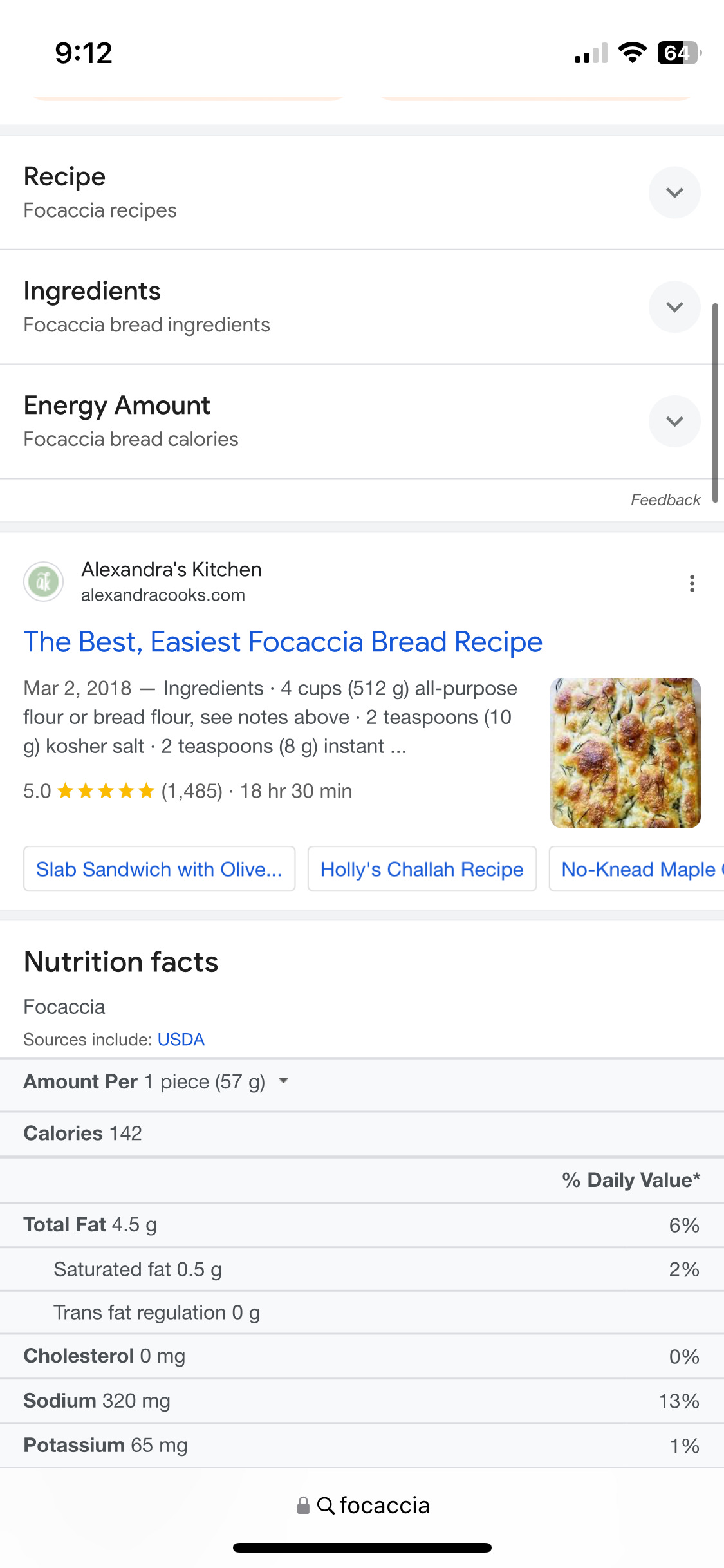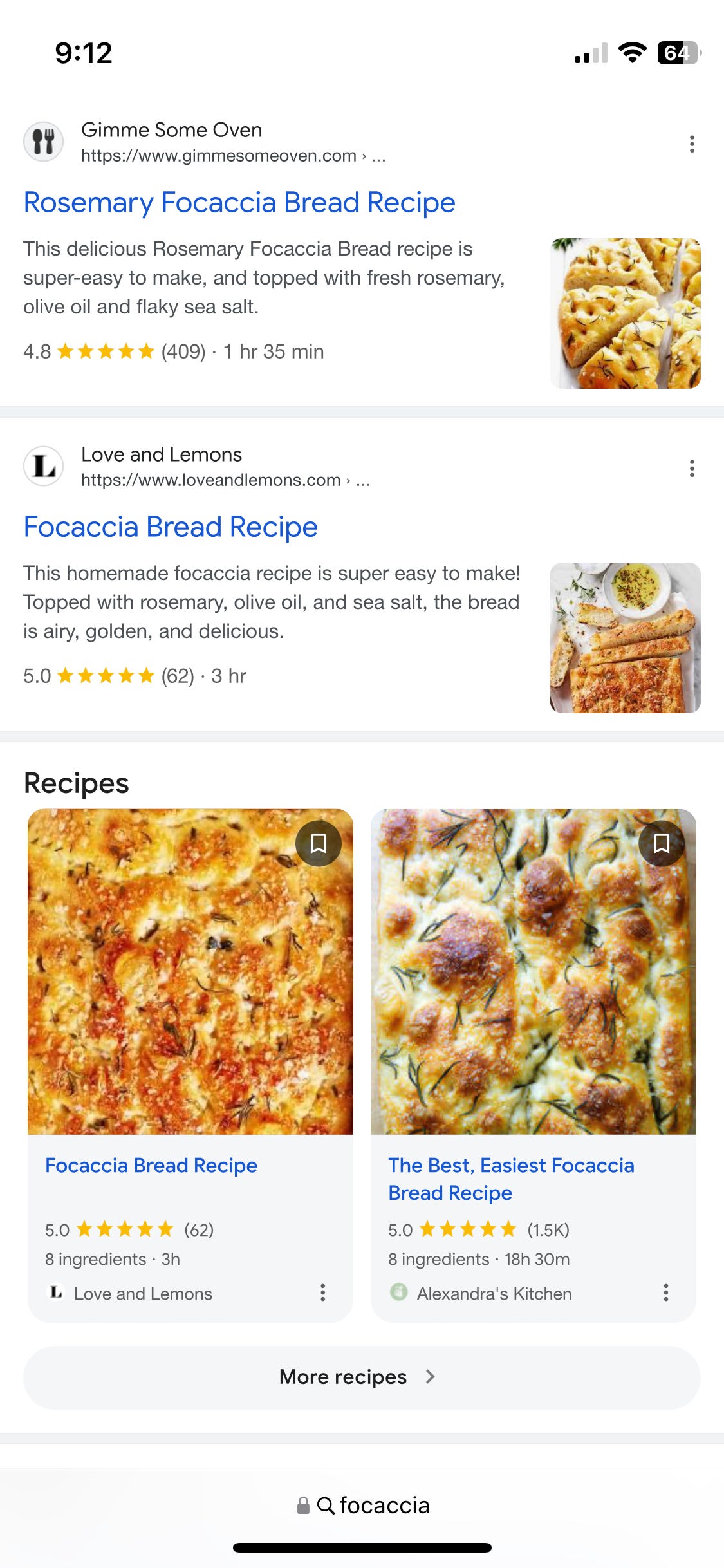Stuck Inside of Google with the SEO Blues
The sea change in organic search may be starting to accelerate.
Good morning,
Today I want to briefly talk about the state of organic search traffic.
On his podcast this week, the always great Brian Morrissey had a discussion with Glen Allsop who runs Detailed.com. Allsop’s site is focused on SEO news. I’d never heard of it but now I’m glad I know Allsop and Detailed.com. If you are interested at all in the current state of the internet and its future, this is a must listen.
Morrissey summed up a lot of their conversation in his Tuesday newsletter. And I’d recommend reading that as well. Mainly the conversation is focused on Google’s latest algorithm change and how it seems to potentially be aimed at bigger publishers and other content farms that have tried to game the, uh, SEO game. The rise of AI content has accelerated this as Nilay Patel of The Verge tried to point out.
This part of Morrisey’s newsletter is the most damning.
When you look at search performance, you’re often looking at visibility (impressions) and traffic (clicks, sessions, unique pageviews, unique pageviews). This table is no joke. Visibility is increasingly hard to come by and so is traffic.
I was doing a monthly review of organic search performance at my day job and the evidence is there. It’s a full-time job in and of itself to look at the URLs that are losing a lot of clicks YoY and then analyze if that performance is due to the content itself, the structure of the content on the page, the structure of the page itself, or because of the way the SERP is changing.
We have a popular focaccia recipe where I work. Look what happens when I search for focaccia.
That’s not proprietary information. This stuff is out there for anyone to see. Each image represents a distinct swipe to get through on mobile web before reaching a standard search engine result page link. And none of the recipes featured at the top are from a major brand name.
The changes are real and they are happening fast.
One good quote:
“Dotdash Meredith, one of the largest digital publishers in the U.S., inked a deal with OpenAI to license its content to train OpenAI's algorithms and also work together on new AI products and provide real-time, authoritative information to ChatGPT users.
Why it matters: Dotdash is heavily reliant on advertising traffic from intent-based search queries. Generative artificial intelligence is expected to have a significant impact on publishers who rely on that type of traffic.”
That’s from Axios’s Sara Fischer in her news story on the announcement that OpenAI and Dotdash Meredith would be partnering. Organic search is changing and potentially pushing large publishers out. AI is rising but no one’s really figured out how to use it yet—though some are trying.
More recent stores I found interesting:
If you want to hear Dotdash Meredith’s CEO talk about the state of their business prior to this OpenAI announcement you can listen to him on People vs. Algorithms from a few months ago. I thought this was a good listen then and it's even more interesting now.
The streaming bundle that many predicted is happening. Max, Disney+, and Hulu are now going to be part of one service with ad-supported and ad-free tiers. Ad dollars continue to flow away from websites.
Always like to read a Times earnings report.
Looks like Vice and its sub brands are getting the Sports Illustrated treatment.
There is a lot of animosity on Substack brewing among writers about Substack’s “pivot to video,” which is how people are positioning their Creator Studio fellowship announcement. First, let’s retire “pivot to video.” Second, I don’t make a living off this Substack or my writing so I don’t have a valid opinion on this issue. However, it has increasingly seemed that a program like this was kind of inevitable. Substack continues to show that it is trying to be a network (a social one???) where people can share “content” and create their own communities more than anything else. It only made sense they were going to allow people who focus on creating video to better share videos and earn a living from them.
This is very long and I admit I haven’t read it all but an interesting exploration of the state of “recommendation” content.






